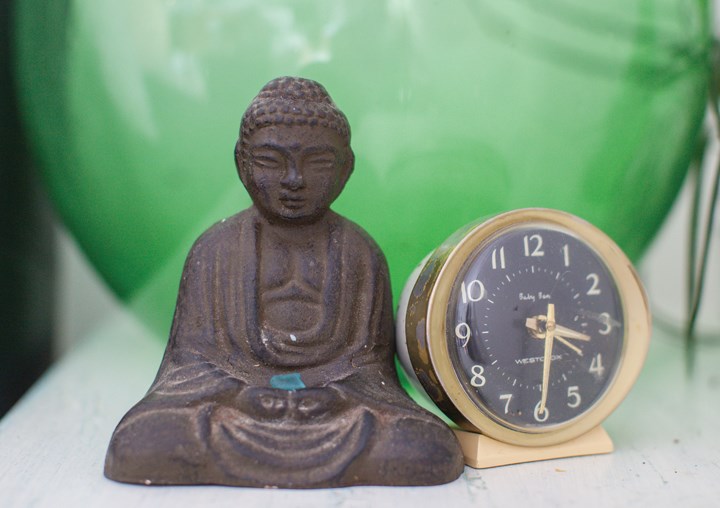Recently I started a new good habit which resulted in breaking an old bad habit. Instead of immediately turning on my computer and checking my email and social media first thing every morning, I committed to jumping rope for 10 minutes before doing anything else.
The exercise sets me off on my day feeling energized, purposeful, focused and happy, whereas the computer time used to drag me down a rabbit hole of information overload that would leave me feeling overwhelmed and distracted – sometimes for hours before I’d even managed to get out of my pyjamas.
Once I experienced the difference in my mood over just a few weeks, the switch to jumping rope first instead of turning on my laptop did not require any thought. It had become a habit.
The process of swapping one habit for the other was so simple I wondered if this could be applied to all the other questionable habits in my life. As it turns out, breaking and beginning habits can be done systematically, but it’s not always as easy as my trial experiment.
According to The Power of Habit, Why We Do What We Do in Life and Business by Charles Duhigg, research has shown that diagnosing and understanding a habit is the first step to changing it. Luckily, as outlined in the book, most habits follow the same exact patterns. There is a cue, a routine and a reward.
The cue is simply what triggers a certain pattern of behaviour. This could be a person, a setting, a time of day or a location. In my example, the cue was simply getting up. Then, the routine is what you do once you experience the cue. In this case, the routine was either to go jump rope or to attend to the business on my laptop.
The reward is the tricky part of the pattern as it is not always obvious. Jumping rope specifically is not all that rewarding, for example, but the feeling I get from jumping rope fuels a great start to my day.
Ironically, the reward of turning on my computer used to give me a false hope of jump-starting my day, when in fact, the result of the behaviour was dragging me down psychologically. It was paying a false reward.
There is a popular old saying that suggests you can make or break a habit in 21 days, often traced to a book called Psycho-Cybernetics, first published in the 1970s. But some habits are much harder to break or establish than others and they may even exist on a spectrum of addiction, adding complexity to the task of changing them. Therefore it’s not as helpful to focus on the timeframe as it is to focus on understanding your particular situation and patterns, then adjusting how you respond to cues by switching out your behaviours for a clear and healthy reward.
The fact remains that all habits are hard to change. But this can work in your favour when establishing good habits, as they are just as hard to break as the bad ones. But they are much better for you!



